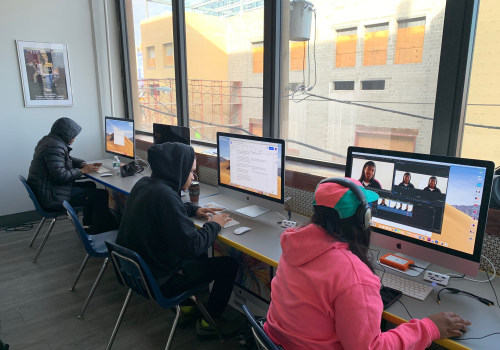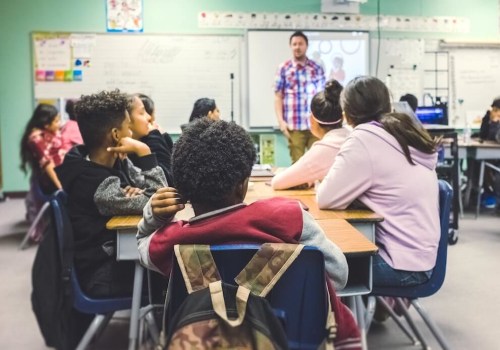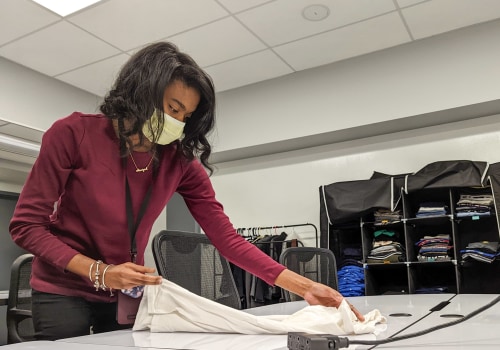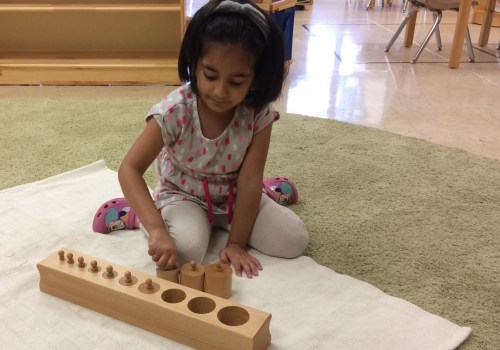The city of Philadelphia offers free public school education to all U. S. citizens, including expats. The city's district schools are open to students from anywhere in Philadelphia, and most of them are high schools.
To register, parents need to provide proof of the child's age, a copy of the child's vaccination report (number two), proof of address, and a valid photo identification card. Currently, there are 20 city-designated community schools in Philadelphia, serving nearly 13,000 students. Community schools are supported by the Philadelphia beverage tax. The quality of public schools in Philadelphia varies, as they are funded by property tax and schools in more affluent areas tend to offer a better level of education. However, the city takes education seriously and many of the state's best schools are located in Philadelphia.
The School District of Philadelphia provides a wide range of educational services and support to students with special needs in public schools. Outside of the public school system, there are several excellent private schools that practice inclusive education in Philadelphia. Preschool education providers are scattered throughout the city and can be found in district schools or community day care centers. The only strictly “international” school in the city is the bilingual International French School in Philadelphia. The Office of Student Enrollment and Placement will provide an alternative placement for students at a school in the School District of Philadelphia. By law, children have the right to attend public school in their area, so parents must consider this when choosing where to live in the city.
Admission to recruitment schools for students who do not reside in the catchment area is subject to space availability. Needless to say, the best private schools in Philadelphia are also the most selective. Alternatively, there are several public schools that offer the International Baccalaureate curriculum in Philadelphia. Parents of children with special needs also need to get their education plan approved by a state-certified special education teacher or a licensed clinical or school psychologist. As is often the case, private schools in Philadelphia have a better student to teacher ratio, advanced facilities, and a wider selection of extracurricular activities than public schools. While all public schools are required to admit children with special needs, parents should consider the level of facilities and support available at each school and choose a neighborhood accordingly.



